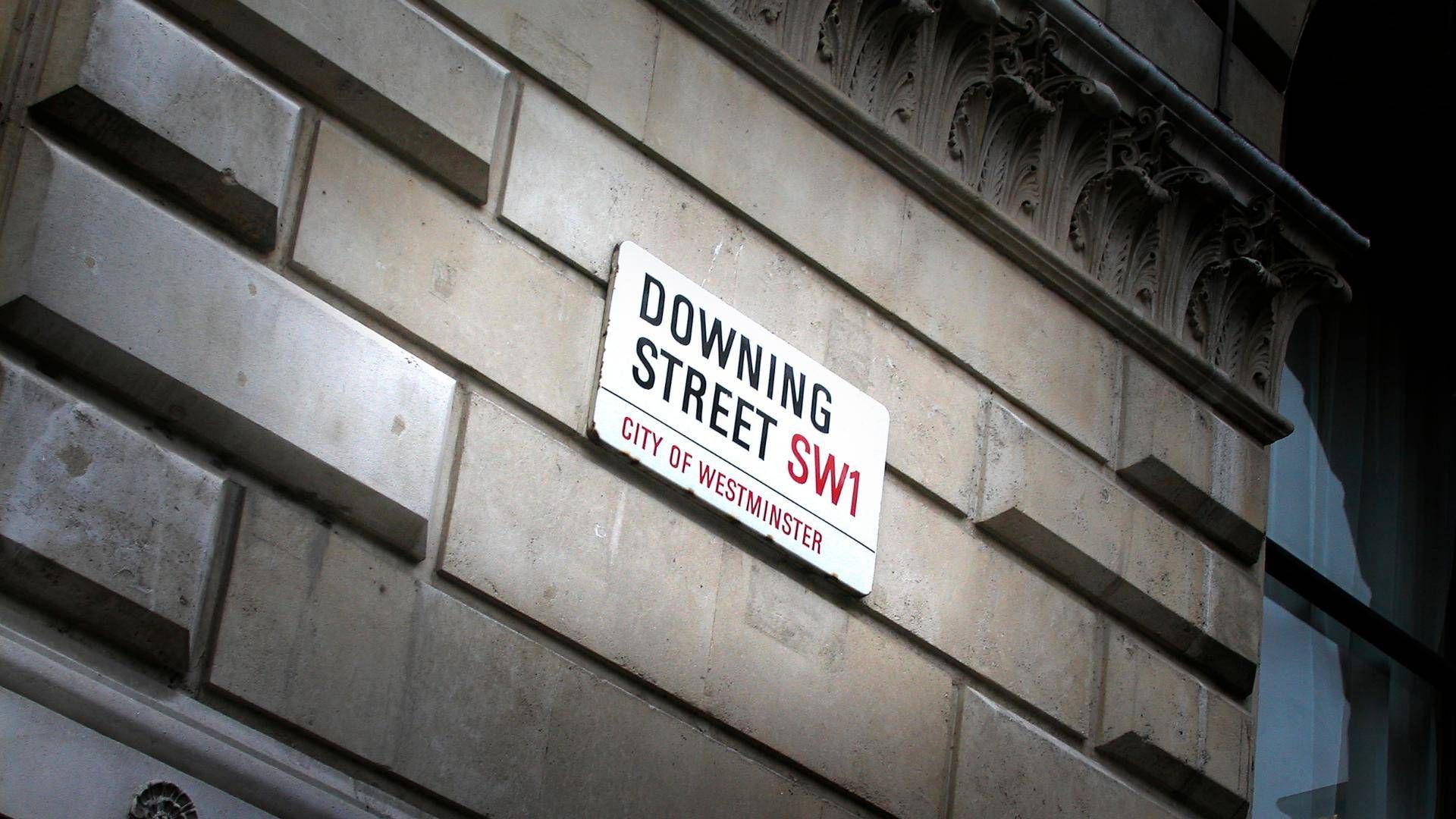
The Spring Budget was delivered on 6th March 2024 and we tuned in to hear the Chancellor’s plans for the housing sector. We’ve cherry picked the top three changes for those buying, selling and investing in property.
Property capital gains tax to reduce to 24%
What is Capital Gains Tax and who pays it?
Capital Gains Tax is a tax on any profit when you sell a select group of assets that have increased in value. This could be jewellery, paintings, antiques and business assets. It also applies to some properties when they are sold. Capital Gains Tax does not have to be paid when you sell the main residence where you live but if a second property, such as a holiday home or a buy-to-let, is sold for more than it was bought for, you may have to pay Capital Gains Tax on the profit.
What is changing?
Those paying higher or additional rate income tax currently have to pay 28% tax on any gains from a residential property sold. During the Budget, the Chancellor announced this rate would be reduced to 24%. The decrease is designed to stimulate tax revenue through a greater number of sales transactions.
Stamp duty relief for multiple dwelling purchases scrapped
What is Multiple Dwellings Relief?
Those purchasing more than one dwelling at the same time - usually a property investor purchasing at a new development – currently qualifies for a discount on their stamp duty land tax (SDLT) bill, as long as there is a freehold or leasehold interest in more than one dwelling. The Multiple Dwellings Relief system means each dwelling bought benefits from the nil-rate and lower rate bands of SDLT – an initiative introduced to encourage investment in property.
What is changing?
The Chancellor has announced that Multiple Dwellings Relief for those buying more than one property at the same time is being abolished. The reason lies with reported regular abuse of the system. As an aside, scrapping stamp duty relief for multiple dwellings will earn the Treasury £385 million a year.
Furnished holiday lettings tax perk abolished
What is the furnished holiday lettings regime?
The furnished holiday lettings (FHL) regime sees special tax rules apply to rental income generated by properties that qualify as furnished holiday lets. Tax perks have applied to furnished holiday lets that are available to holidaymakers for at least 210 days a year, and which are let for at least half that time.
What is changing?
The FHL tax break is being scrapped as of April 2025 – adding around £245m a year to the Treasury’s coffers. The move may deter further investment in the holiday let sector, force more landlords to offer their properties to the long-term rental market and push landlords to sell their properties, which would address the shortage of homes for sale in areas where locals are struggling to become homeowners.
If you’d like to know how the Spring Budget 2024 will affect any property you own, your future moving plans or intentions to invest in a buy-to-let, please get in touch.
Share this article
Sign up for our newsletter
Subscribe to receive the latest property market information to your inbox, full of market knowledge and tips for your home.
You may unsubscribe at any time. See our Privacy Policy.

